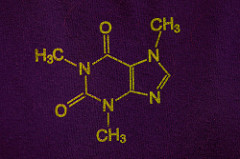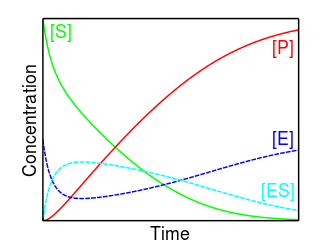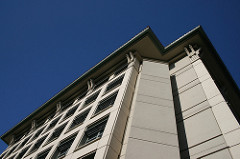So all those gadgets and candles you use for getting rid of mosquitoes? Mostly worthless, it seems.
A large number of different spray-on repellents and wearable repellent devices are commercially available. The efficacies of many repellents are unknown. This study focuses on the efficacy of eleven different repellents in reducing the number of Ae. aegypti female mosquitoes attracted to human bait. We performed attraction-inhibition assays using a taxis cage in a wind tunnel setting. One person was placed upwind of the taxis cage and the mosquito movement towards or away from the person was recorded. The person was treated with various spray-on repellents or equipped with different mosquito repellent devices.
The most effective repellent was a DEET-based product. And least effective were devices which use high-frequency sound to keep mosquitoes away. Link found via ScienceMag.

 But it turns out that humans aren’t the only caffeine aficionados.
But it turns out that humans aren’t the only caffeine aficionados. 

![[S]](https://upload.wikimedia.org/math/3/8/b/38bd6c19740e43396bd14b1575d58f60.png) , asymptotically approaching its maximum rate
, asymptotically approaching its maximum rate  , attained when all enzyme is bound to substrate. It also follows that
, attained when all enzyme is bound to substrate. It also follows that ![V_\max = k_\mathrm{cat} [E]_0](https://upload.wikimedia.org/math/c/4/b/c4bde41958e29d794fda5e9cdf3a949d.png) , where
, where ![[E]_0](https://upload.wikimedia.org/math/3/5/7/357bc494f724ede952492cec26d55c2a.png) is the initial enzyme concentration.
is the initial enzyme concentration.  , the turnover number, is the maximum number of substrate molecules converted to product per enzyme molecule per second.
, the turnover number, is the maximum number of substrate molecules converted to product per enzyme molecule per second. There is also a petition by the student body to not do this.
There is also a petition by the student body to not do this.